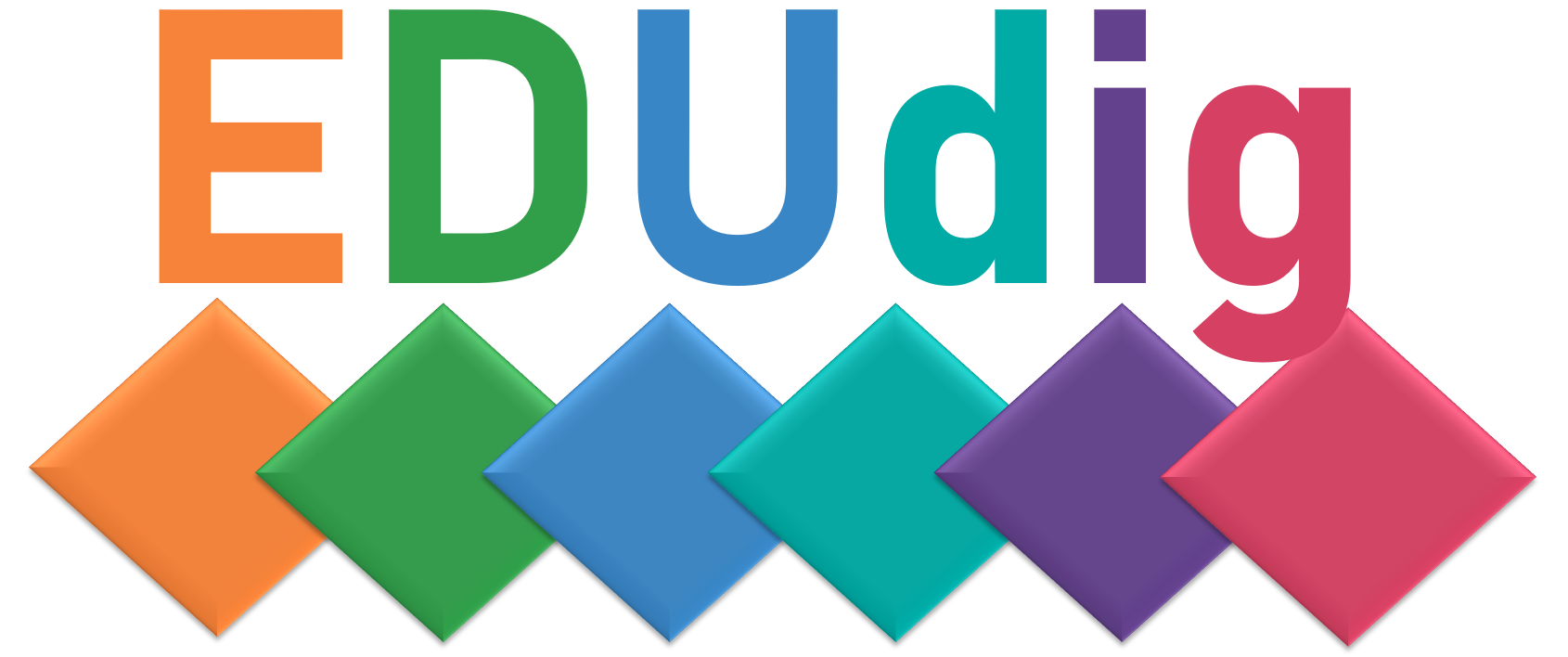Training
1.3 Consolidation and intensification
1.3.1 Reflect
For making the most of your online learning implementation, try to answer the following questions:
- Can I select one of my own courses where it would be beneficial to introduce collaborative learning activities?
- Can I identify the learning outcome(s) and transversal competencies (a.k.a., soft skills) that I want to address with collaborative learning?
- Can I identify the pedagogical transformation towards collaborative learning I want to carry out in my course?
- Which are the main advantages and challenges posed by pedagogical transformation towards collaborative learning?
- Which resources do I need for this pedagogical transformation towards collaborative learning?
1.3.2 Takeaways
Here you have some takeaways for organising digitally enhanced collaboration and collaborative learning that may also serve as tips to get started:
- Make sure that students know each other before creating the groups/teams. If needed allow students to develop rapport and group/team cohesion through icebreakers or team-building activities (PDF).
- Explain the common learning goals and set clear student expectations. Students must understand the process, i.e., how groups or peer discussion will operate and how their learning will be assessed.
- Clarify roles and responsibilities. Present or negotiate the activity guidelines and ensure that students know what is expected from them and how their achievements will be assessed.
- Set the ground rules for participation and assessing contributions. Students must be fully aware that it is very important to be open to each other’s ideas – listening and compromising are key to reach a joint consensus. Self- and peer assessment should always be considered.
1.3.3 Dig deeper
Here you have some sources for digging further into the issue of digitally enhanced collaboration and collaborative learning:
Barkley, E., & Major, C. (2020). Student Engagement Techniques: A Handbook for College Faculty. Hoboken, NJ: Jossey-Bass.
The Bell Foundation (2022). Collaborative Activities. Available at https://www.bell-foundation.org.uk/eal-programme/guidance/effective-teaching-of-eal-learners/great-ideas/collaborative-activities/
Stephens de Jonge, J.L. (2021). Creating Digital Escape Rooms – Blending Mystery, Story and Puzzles to Highlight Fundamental Knowledge and Foster Curiosity [presentation & extra materials]. Available at https://professorsatplay.org/creating-digital-escape-rooms/
University of Aveiro (2020). Challenge-Based Learning@ECIU University. Available at https://www.ua.pt/en/inovacaopedagogica/challenge-based-learning-eciu-university
University of Maryland (2022). Collaborative learning. Available at https://tltc.umd.edu/instructors/teaching-topics/collaborative-learning

